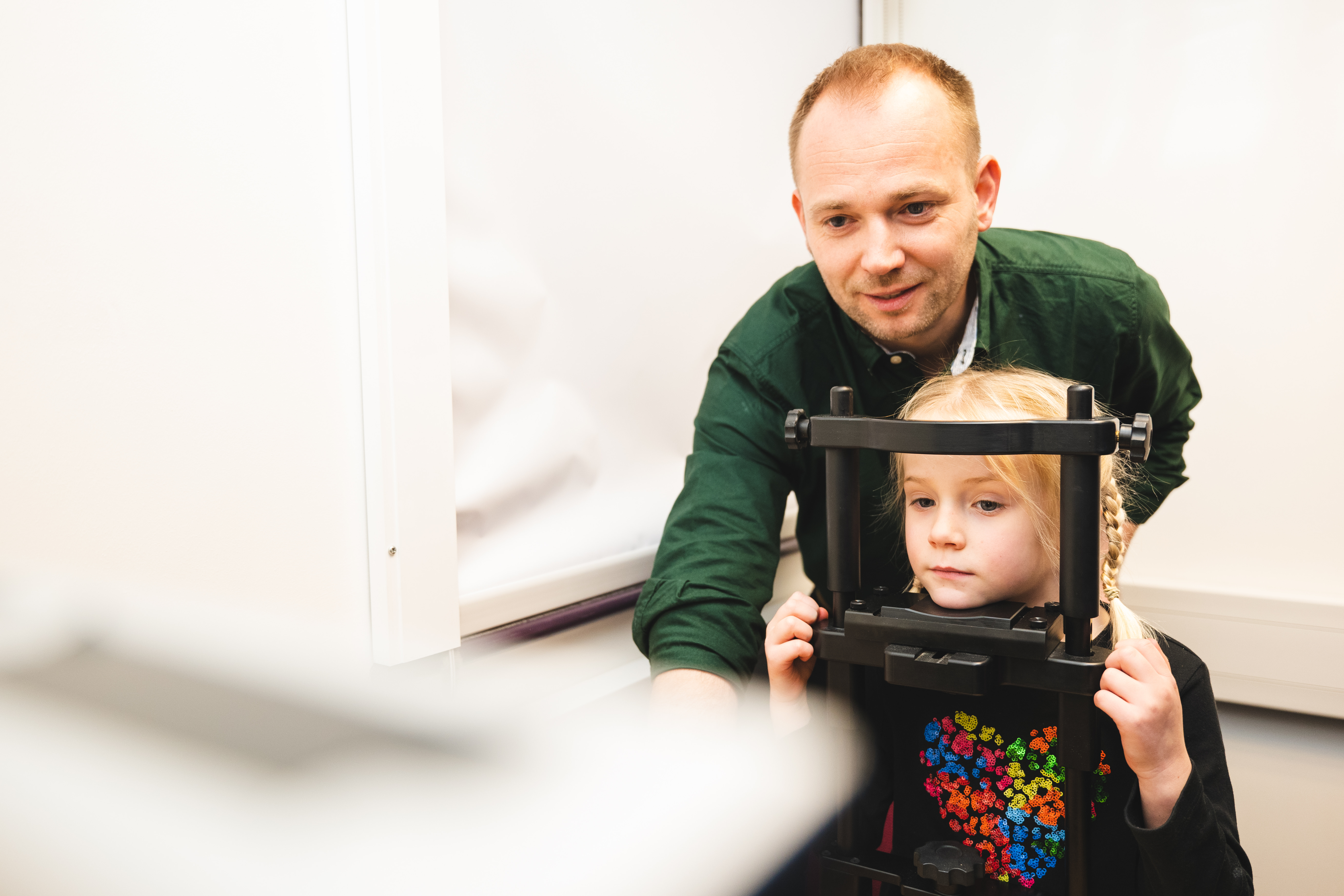We sat down with Professor Markus Bindemann, an expert in cognitive/neuropsychology, as he shares his passion for teaching, love for his field, and his belief in the importance of maintaining a balanced student life while nurturing curiosity in research.
Tell me about yourself – what do you teach and what’s your area of expertise?
Hi! I’m Markus Bindemann. I am a Professor of Cognitive Psychology and also Deputy Head of School for Psychology. My area of expertise is face perception and forensic person identification. I use a range of methods to study this, such as eye-tracking, 3D scanning and immersive virtual reality. At PG level, I teach on our MSc Psychology, the MSc in Cognitive Psychology and Neuropsychology, and the MSc in Forensic Psychology on modules such as ‘Advanced Cognitive Neuroscience Methods in Practice’ and ‘Forensic Cognition: Theory, Research and Practice’.
What’s your favourite part about teaching/interacting with students?
I love teaching seminars, practical demonstrations and meeting for students’ research projects. These small-group and individual meetings provide important opportunities to discuss psychology in depth, and to really get to know our students and their understanding of the subject area.
“Let yourself be surprised.”
What’s your favourite book at the moment?
I have always loved illustrated books, such as graphic novels by Alan Moore. Two books that I have recently read are ‘Threads from the refugee crisis’, which is a graphic novel by Kate Evans that reports on the jungle refugee camps in Dunkirk and Calais, and ‘Illegal’ by Eoin Colver, Andrew Donkin and Giovanni Rigano, which tells the journey of a child from Africa to Europe. I see these books as a window into a world that can create polarized opinions but that I know very little of and want to understand more, illustrated in a way that helps to bring these topics to life.
What do you listen to on your commute?
I don’t get enough thinking time, so I am happy to sit in silence with my own thoughts. I am also an avid Radio4 listener. Generally, I will read and listen to anything related to the news that is fact-based and grounded in proper journalism.
What are your tips for choosing a research topic for your studies?
Follow your instincts and interests. After all, if you can’t be enthusiastic about your research topic then how can you convince other people to be so? But you should also be prepared to read around new topics and to let yourself be surprised. There are so many interesting topics out there…
What advice would you give your past self when you were first starting University, and would you do anything differently?
I don’t do regret so I wouldn’t change anything, but I have always believed that balance is important. If you work hard, play hard – especially if you’re still young! Join clubs and societies, make friends, learn new skills, do sports, play music – it’s good to be young and daring. And – for our mature students – you may not always be young, but you can always be daring too!

